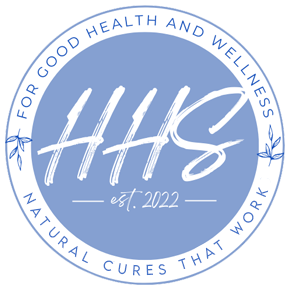For decades, Americans have consumed fast foods and highly processed snacks. The go-to methods of balancing out the effects of this diet aren’t healthy either. Supplements and energy drinks aren’t the way to survive the outcome of a bad diet.
Now, people recognize the adverse effects of these foods and seek effective ways to return to healthier living. However, it may not be easy to change your lifestyle because healthy eating isn’t always fun.
But the following tips may make the transition easier:
Stock up on fruits and veggies
Statistics show that only one in four Americans get the number of fruits and veggies servings recommended by the USDA. It’s best to get five to thirteen servings daily, and a lifestyle adoption like this reduces your risk of heart disease and diabetes.
Your skin will also benefit from the antioxidants loaded in most of these foods, and other benefits extend to your bones, eyes, and immune system.
You won’t need supplements with foods like pink grapefruit, watermelon, and tomatoes; protection against cancers isn’t the only benefit they offer.
Maximize your meat consumption
The body needs enough protein for normal functioning, and foods like chicken, beef, and turkey are among the highest sources. However, they shouldn’t be a whole meal, but the heart of your food.
Filling only a quarter of your plate with protein will help you stay within the required protein amount. Your ideal plate should look like half veggies, quarter carbs like whole grains or starch foods, and a quarter protein.
Eat more seafood
Your body also needs lean protein, and you can get it from fatty fish like sardines, tuna, and salmon. Omega-3 fatty acids are also present in these foods, and they enhance brain health and heart functioning.
Lean protein is excellent for improving your immune system, reducing the risk of cardiovascular disease, and building and repairing injuries to the body. It also increases your metabolism, which is a bonus if you’re trying to stay fit.
Opt for healthy fats
Good fats are better for your body – ditch saturated and trans fats and opt for healthier options like canola and olive oil. However, even when consuming unsaturated fats, ensure you keep things in moderation.
The type of pot you use to cook may affect the amount of oil you use; consider investing in non-stick pans. They make it easier to cook delicious foods without using too much oil or butter. Tossing veggies in butter makes it tastier, but the adverse effects are numerous. Consider healthier alternatives for these cooking habits.
Add more flavor
Your food needs enough flavor to taste good. Don’t succumb to the myth that healthy foods must be flavorless.
However, you must also consider your sodium intake, as consuming too much of this nutrient can cause problems like high blood pressure and heart disease. Regardless of how flavorful you want your food to taste, avoid exceeding the minimum daily dosage of 500 mg.
Be a savvy shopper
Being a savvy shopper will also help you eat better. When you plan your meals, you keep an inventory of what you have, and you won’t even consider eating fast food as an option.
